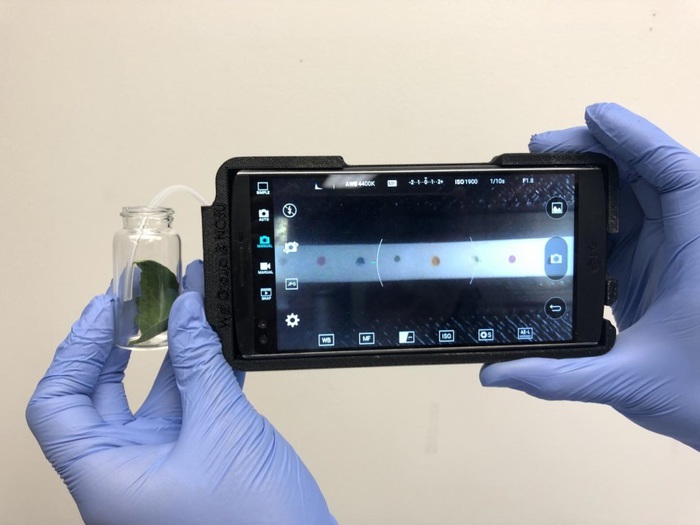by Alessio Jacona *
An electronic nose powered by artificial intelligence, capable of detecting the onset of different types of cancer even in their initial phase, to facilitate early diagnosis and significantly increase the chances of a patient's recovery.
In summary, this is the project set up by researchers at the Memorial Sloan Kettering Cancer Center (MSK), a center for cancer research and treatment in New York, who have already developed and are "training" a sensor that presents many similarities with the natural functioning of the nose.
The technology works by using a series of sensors composed of carbon nanotubes: these are tiny tubes, nearly 100,000 times smaller than the width of a human hair, which are fluorescent and emit light that is sensitive to the slightest interactions with the molecules in their environment. .
Developed by a team of researchers led by Kravis WiSE Fellow Mijin Kim and Biomedical Engineer Daniel Heller, Head of MSK's Cancer Nanomedicine Laboratory, these nanotube sensors are capable of detecting many different molecules in a single sample of blood.
By combining the different sensor responses, the technology creates a unique fluorescence pattern, which can be recognized by a machine learning algorithm trained to identify the difference between a
There are two elements that make this line of research particularly interesting, which is already giving promising results: firstly, the possibility of using the technology developed at the Cancer Nanomedicine Laboratory to obtain very early diagnoses, even in the case of tumors that are initially difficult to identify;
and then, again, the fact that - as the researchers explain - it can be adapted to detect many types of cancer using the same set of sensors, without the need to first identify a biomarker, that is, that particular chemical substance produced by tumors and that in the blood indicates the presence of the disease.
Not surprisingly, an important part of the first trial was carried out using blood samples obtained from patients with ovarian cancer, a serious disease that currently no screening strategy is able to identify at a sufficiently early stage to reduce mortality.
During testing, the researchers found that their nanosensor detected ovarian cancer more accurately than currently available biomarker tests (i.e. CA125, HE4, and YKL40 proteins).
"Ovarian cancer spreads along the surfaces of the abdomen and pelvis rather than through the blood, which makes it particularly difficult to detect with a blood test," explains Kara Long Roche, MSK surgeon and author of the study. find more subtle and complex changes in the blood that could be the key to early diagnosis - and early diagnosis will save lives. '
* Journalist, innovation expert and curator of the Artificial Intelligence Observatory ANSA.it





